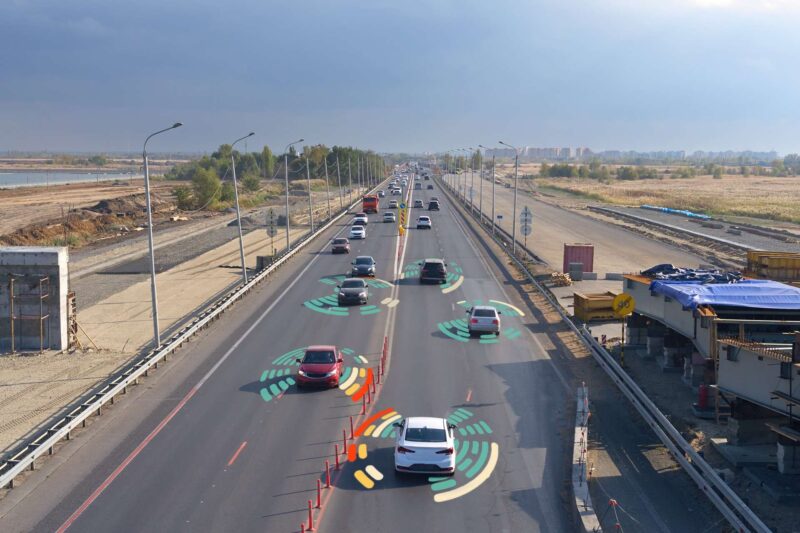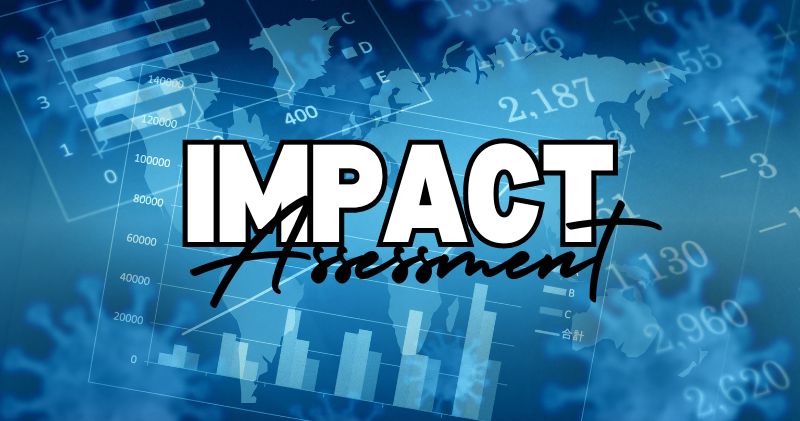Most people don’t think about their water supply beyond paying their monthly water bill. However, water sustainability is a global issue that affects everyone.
Countries around the world need to focus on sustainable water management to ensure the availability of fresh water for all. But what exactly is sustainable water management?
Let’s Start With Basics
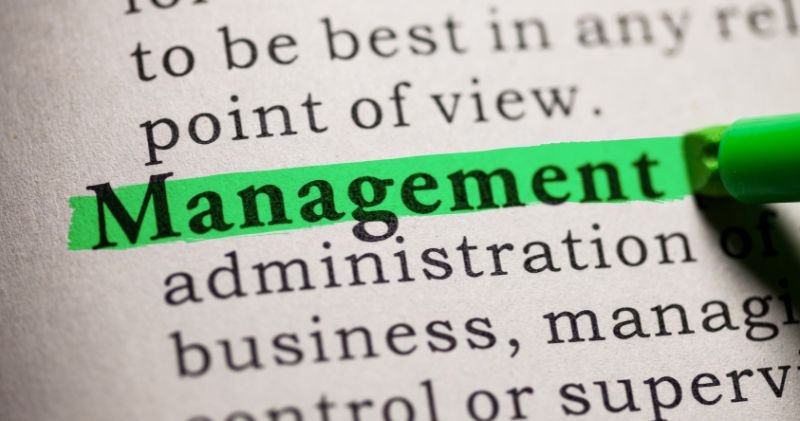
Sustainable water management involves meeting current water needs without compromising the ability of future generations to meet theirs. It ensures access to clean water today while preserving it for the future.
This issue is complex, with social, economic, and environmental consequences. Everyone on the planet should have access to sufficient water for drinking, sanitation, and other essential uses.
Unfortunately, many individuals and communities worldwide experience water stress, lacking adequate access to clean water.
Let’s Discuss Why It Is so Important
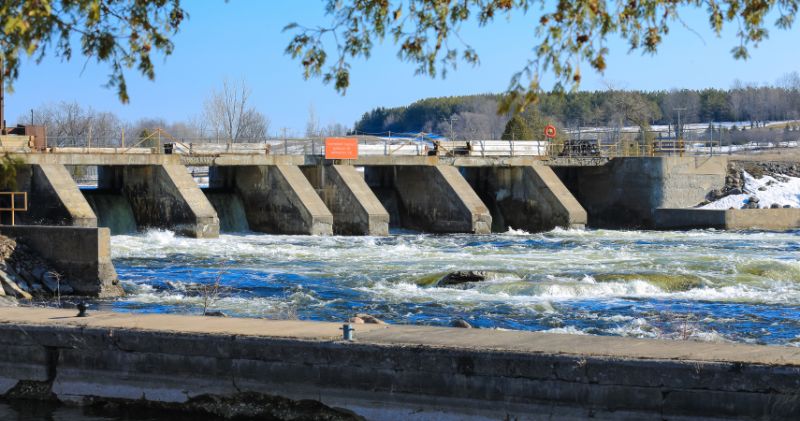
Fresh water is essential for life on Earth.
Human bodies are made up of about 70% water, highlighting the necessity of adequate water access for survival.
Depleting our water supply, with no alternative resources available, threatens the survival of humans and other life forms.
Effective management of the Earth’s water resources can ensure that everyone has enough water. However, this is not the current reality. Water has become a commodity, and water scarcity is common in many areas.
As society and technology evolve and populations grow, water demand continues to rise, but it is not equitably distributed.
Fortunately, there are solutions that can promote sustainable water management worldwide and reduce water scarcity.
What Can Be Done?
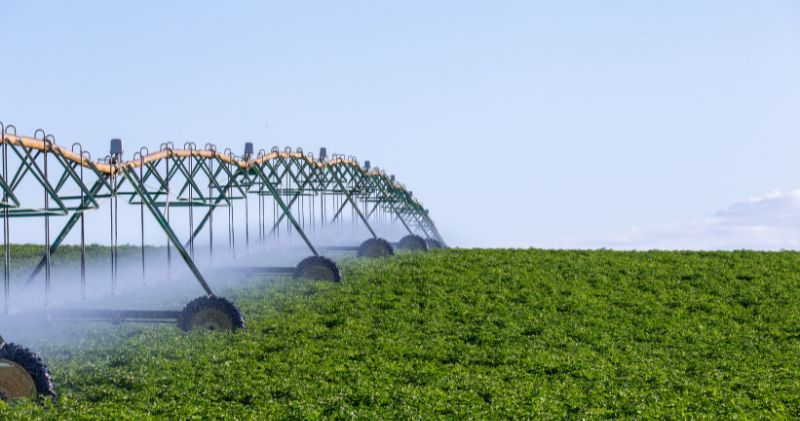
Creating New Policies
One of the most effective ways to improve SWM is through the implementation of new water governance policies and better water system planning at high levels of government.
This is especially important for larger cities facing significant sustainability challenges.
Water sustainability varies by city, depending on factors such as economy, location, and societal standards.
Therefore, each city needs to develop specific solutions tailored to its unique circumstances.
Leveraging Technology for More Water
There are technologies that can not only increase our water supply but also improve access to water security for populations globally.
One such technology is desalination, which removes dissolved mineral salts from water, making it safe for human consumption and irrigation.
Other options include water reuse through stormwater runoff or wastewater treatment.
While increasing our water supply should not overshadow the development of long-term water resource management techniques, technology remains a valuable tool for enhancing sustainable water management.
The Use of Water-Saving Devices
As we develop innovative methods to conserve water and improve its availability, various water-saving devices enable businesses and establishments to make informed water decisions through applied science.
Some companies produce water usage meter devices called WaterOn. These smart meters and automated leakage prevention systems have been implemented in apartment buildings in India, helping 40,000 households save an average of 35% of their water consumption, according to the World Bank.
Utilizing water-saving technologies contributes to better sustainable water management and a more secure future.
Final Words

Sustainable water management may seem like a global issue, but each of us can make a difference.
By making a few simple changes to our habits and being mindful of our water use, we can contribute to the cause.
Here are some easy steps:
- Turn off the faucet while brushing your teeth or washing dishes.
- Take shorter, more efficient showers.
- Be mindful of water use during outdoor activities, as 50% of water is used outdoors.
- For events, consider using services like Quench Buggy to manage drinkable water sustainably.
By taking these actions, we can help ensure a more sustainable water future.





